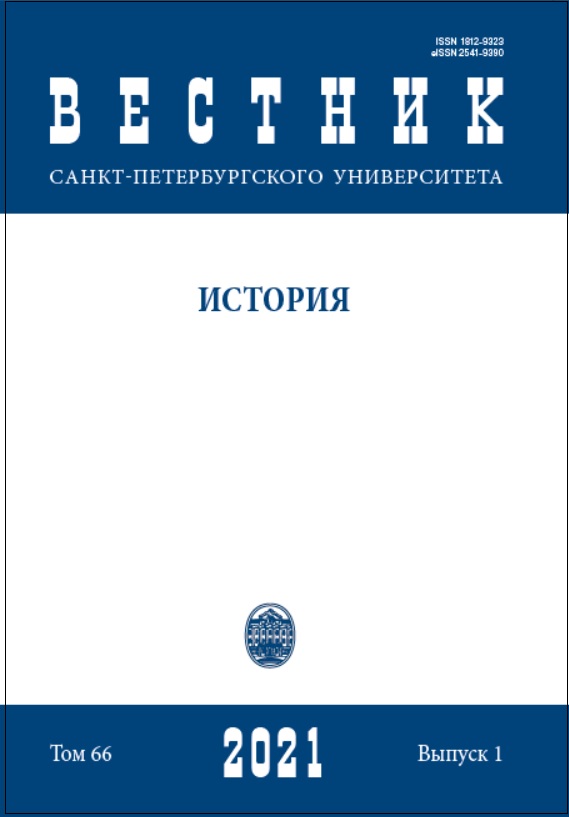Alternative medicine. Foreign intelligence and pharmaceutical industry in Poland. Part 2
DOI:
https://doi.org/10.21638/spbu02.2021.116Abstract
In the 1960s, Polish society was still not affected by lifestyle diseases to such a large extent as in the developed countries of Western Europe. However, the statistics on cancer and cardiovascular diseases started to rise in the 1970s, along with dynamic economic development of Poland under communist party’s secretary Edward Gierek. Meanwhile, the government of the People's Republic of Poland could not afford to invest simultaneously in all critical sectors of the economy. Particular priority was given to capital-intensive automotive and electronics industries as well as to traditional but important for Polish exports of raw materials (copper, coal). In the 1980s, as a result of the Cold War escalation along with the subsequent tightening of the strategic embargo by NATO states, and – finally – because of the gigantic foreign debt, the financial resources of Poland were reduced almost to zero. The lack of funds for research and development in the field of pharmacy and biotechnology was to be compensated for by an illegal transfer of know-how from the OECD area. Polish foreign intelligence services had already considerable experience in the field of purchasing technical documentation on the black market. In the 1970s, at least a dozen or so antibiotic manufacturing technologies were clandestinely obtained in the West and passed on to the Polish R&D and industry. The article examines the involvement of Polish intelligence in the transfer of medicines, active substances and other pharmaceutical products (including medical equipment) to Poland. The "socially useful" function of communist secret services becomes a fascinating problem in this context. The article is based partly on the documents produced or collected by the Polish foreign intelligence service in 1960-1990, which have been declassified and are now accessible to the public in the Archive of the Institute of National Remembrance.
Keywords:
Poland, Cold War, Comecon, intelligence services, scientific espionage, pharmaceutical industry, history of technology
Downloads
Downloads
Published
How to Cite
Issue
Section
License
Articles of "Vestnik of Saint Petersburg University. History" are open access distributed under the terms of the License Agreement with Saint Petersburg State University, which permits to the authors unrestricted distribution and self-archiving free of charge.





